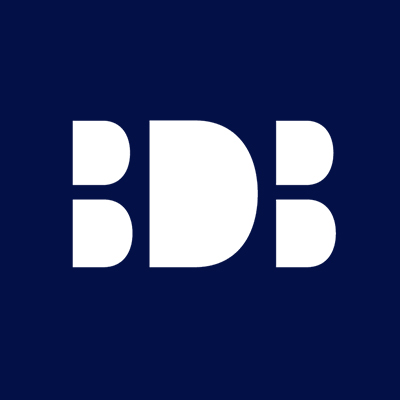Copyright or copyleft?
 BDB Pitmans
BDB Pitmans
Copyleft, a term that plays on the word ‘copyright’, is a concept designed to allow software creators to share their work without the same restrictions on the modification, use and sharing imposed by copyright.
What distinguishes copyleft from permissive licences is that works can be modified, distributed and shared either in the original form or in an amended or developed form as long as all of the source code is shared with it. This prevents restrictions being imposed on the ability to develop such software or works further. Conversely, works to which permissive licences apply can be treated the same, but the source code does not need to be shared with it.
Those in favour of permissive licences often refer to copyleft as “viral open source software”. Developers may be put off using copyleft software due to the fact that the source code of any end product developed using it is still required to be distributed to an end user, arguably creating issues around the ownership of rights in future developed IP. However advocates of copyleft often argue that the purpose of copyleft is to ensure that there are no hurdles in allowing development by others and no onward distribution of closed source products that incorporate copyleft works.
When entering into any corporate transaction it is important in the due diligence stages to not only identify whether software licences are proprietary or open source but also to identify whether any software (or indeed other works) that a purchaser is intending to further develop is licensed under permissive licences or copyleft. The latter arguably could mean that any developments made to software (or other works) or incorporating such software (or other works) will need to be passed on free of charge and accompanied with source code.



